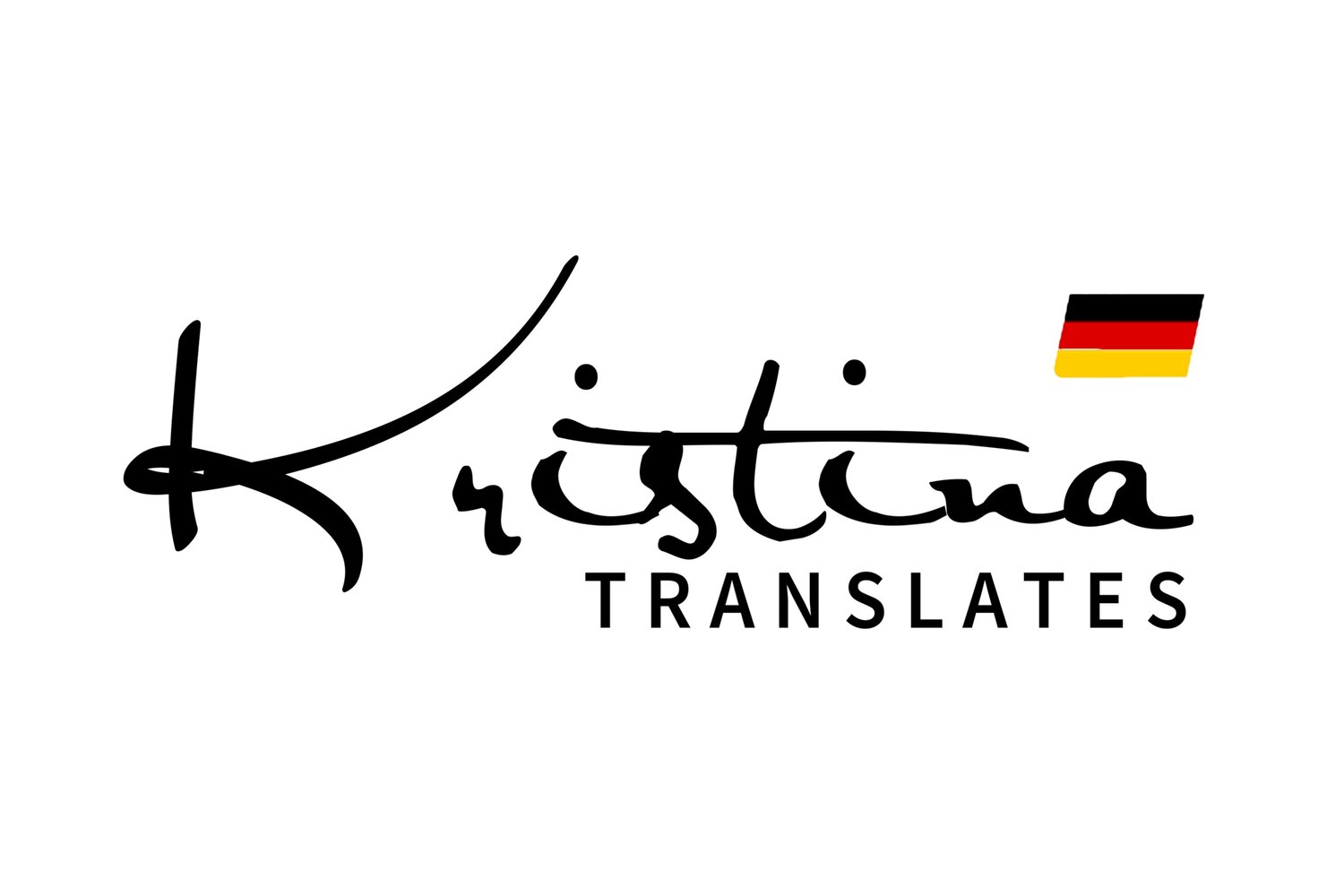There are many excellent scientists and leading experts in the field of environmental research. However, a common problem seems to be the communication of environmental issues. It is not easy to bring across the level of urgency and potential solutions to an audience of non-scientifically trained people, like you and me. The goal has to be not only for people to understand the truths behind environmental pollution and Climate Change, but most crucially, to want to step into action themselves.
My interest in the environment lead me to read many books, blogs and studies. However, I often feel that the reports or opinions come across as too impersonal. All these problems appear far away from my personal small world and although the emergency is clear, how will I be affected? The best way to have a genuine impact on you and me is to show us the benefits and that it is in our own best interest to protect the only planet we have. (At the time of writing the possibility of moving to Mars is still out of the question).
This idea seems so easy in theory, yet is so difficult to put into practice. Often scientists and organisations lose themselves in academic jargon and dry talk about environmental facts and the scary, but ever so far away, outcomes for the future. While research is undoubtedly the key for change, the biggest revolution will be created by the public and every single person. To reach them, it takes something else. Environmental communication, done effectively, is the key to action.
Our health. We all realise that certain toxins in plastics are not good for us. The chemicals and often cheaply produced plastic ingredients leak onto our food and thus get ingested. To top it off, they end up in our oceans, are eaten by fish and return onto our plates. Of course these cause disastrous environmental damage too, but I think the health reasons are often overlooked. Changing buying habits of packaged foods affects you and me on a personal level,
Not only our health will improve, but the economic and financial benefits for each of us can be huge, while protecting the environment. Another example: The largely unregulated Cosmetics Industry uses a vast amount of hazardous chemical ingredients in eye shadows, lipsticks, deodorants, perfumes and many other makeup products and toiletries. The recent trend to go 'chemical free' is not only a good step forward to becoming healthier, it will also save us a lot of money. Countless recipes are available online on how to make your own personal care products and makeup, all natural, for a fraction of the price of conventional cosmetics.
The same goes for cleaning products. The harmful substances can cause a multitude of allergies, hormone imbalances, even cancer and infertility. To realise that age-old cleaning solutions such as vinegar and water do the vast majority of cleaning jobs perfectly well will save our health and our wallet.
Communicating the urgency of our worldwide pollution is absolutely essential. But to fulfil this crucial need for immediate action, we need to appeal to everyone on a personal level. And once the individual benefits are clear, protecting the environment will follow suit naturally.
